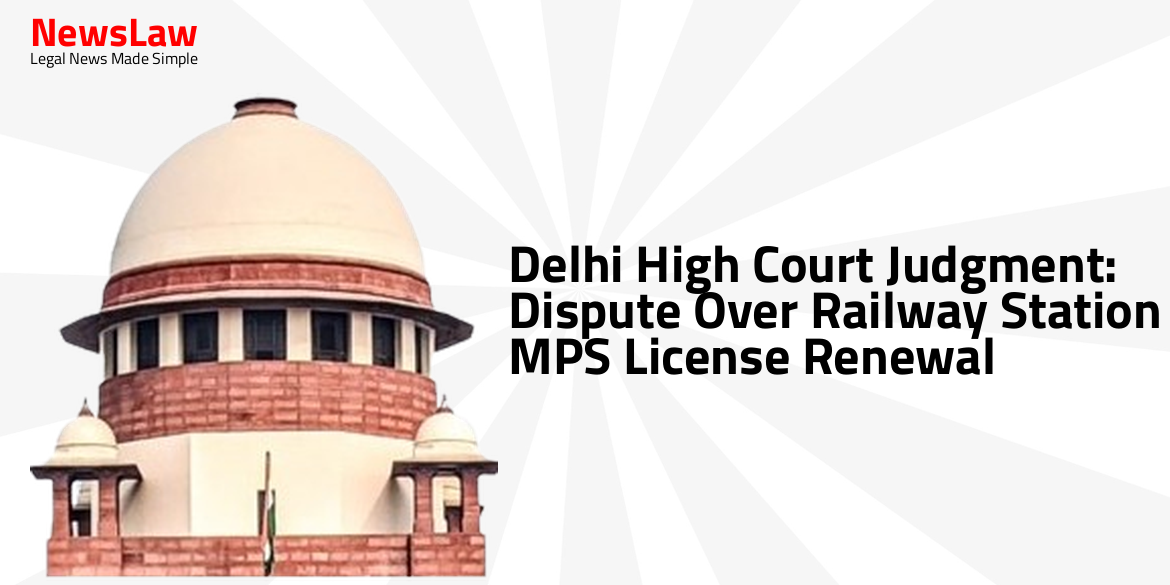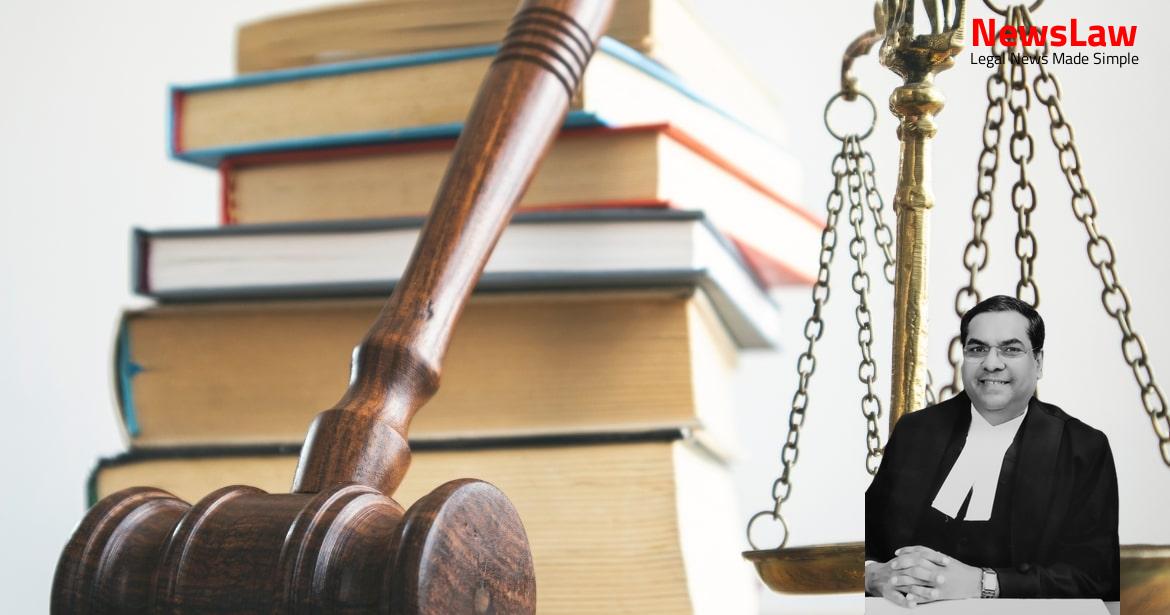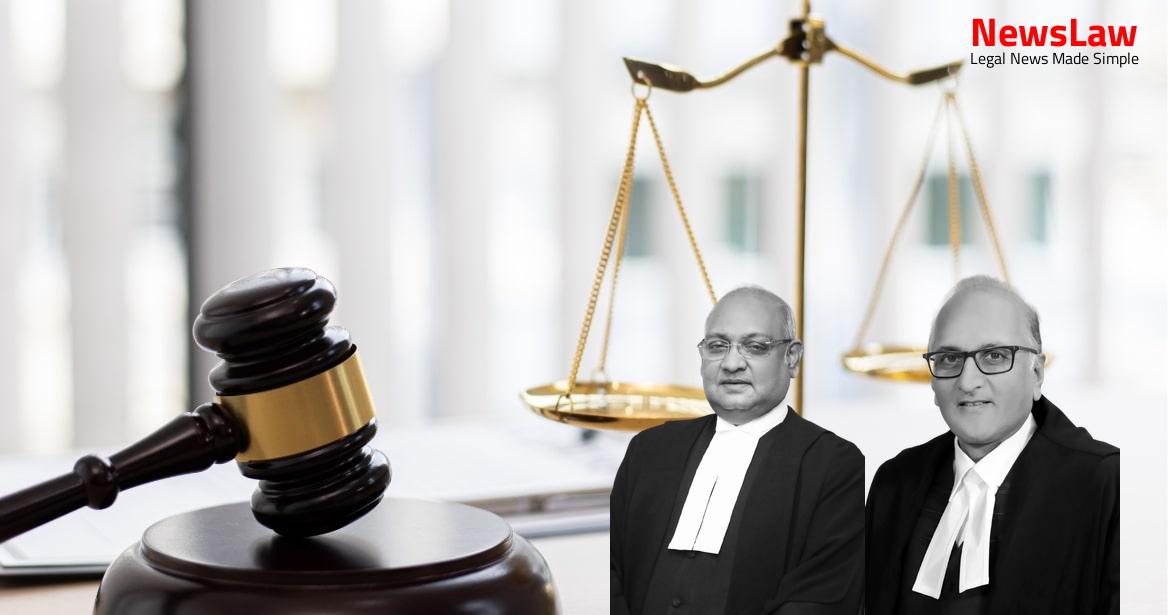In a recent Delhi High Court judgment, a dispute over the renewal of Multi-Purpose Stalls (MPS) licenses at railway stations was resolved. The case involved petitioners operating MPS at Bareilly, Moradabad, and Haridwar Railway Stations against the respondent railway authorities. The court addressed issues related to policy clauses, legitimate expectations, and the balance between livelihood rights and equal opportunities. Read on for key insights from the judgment.
Facts
- Petitioner no.1 operating three MPS at Bareilly Railway Station.
- Petitioner no.2 operating one MPS at Moradabad Railway Station.
- Petitioner no.3 operating one MPS at Haridwar Railway Station.
- Petitioners initially running stalls/trolleys converted to MPS in 2017 by Northern Railway.
- Various Master License Agreements signed by petitioners and respondent no.2 to confirm license arrangement.
- Petitioners directed to vacate MPS by 27.02.2023 as per letters dated 14.12.2022.
- Impugned clauses 5 and 11 of the 2017 Policy framed by Railway Board.
- Clause 3 of Master License Agreements specified tenure till 21.12.2022 extended due to force majeure event (Covid-19 lockdown).
- No provision in the agreement for extension/renewal.
- Petitioner no.2 and respondent no.2 signed Master License Agreement on 29.10.2021.
- Petitioner no.3 and respondent no.2 signed Master License Agreement on 17.08.2020.
Arguments
- Petitioners argue that the 68-day extension of the contract due to Covid-19 is arbitrary when compared to longer extensions granted to other MPS units in different railway zones.
- They highlight the decrease in foot traffic at railway stations post-lockdown, leading to a reduction in license fees from June 2020 to March 2022.
- Petitioners seek an extension of the license period proportional to the fee reduction.
- They rely on various legal precedents to support their argument for a license extension, challenging Clause 5 of the 2017 Policy as a violation of constitutional rights.
- Petitioners stress on their legitimate expectation of license renewal and livelihood sustainability.
- The argument is made that the 2017 Policy, which disallows renewal or extension of licenses, is arbitrary and discriminatory.
- Counsel for petitioners contends that they were coerced into signing the new policy without renewal clauses.
- The discussion also involves the petitioners’ conversion of stalls to MPS units under economic duress and unequal bargaining power.
- Petitioners emphasize the balance between livelihood rights and equal opportunities in the context of license renewals.
- Legal arguments include the jurisdiction to decide the case batch, interpretation of executive instructions like paragraph 1744 of the Indian Railways Commercial Manual, and the presence of an arbitration clause in the 2017 Policy.
- Petitioners assert their position against exclusive jurisdiction clauses in license agreements and challenge the notion of no fundamental right to trade at a particular public space.
- The petitioner signed a contract with a non-renewable period of five years.
- The petitioner cannot claim ignorance as the contract clearly stated its terms.
- The petitioner enjoyed the benefits of the contract for five years.
- The petitioner cannot revert to a policy that is no longer in effect.
- The Supreme Court judgment referred to a different policy, not applicable to the petitioner’s case.
- The petitioner cannot seek advantages under previous policies after contract completion.
Analysis
- The petitioners do not have an indefeasible right of renewal under the Easements Act or the 2017 Policy.
- The letters indicate that the petitioners voluntarily converted their stalls/trolley to Multi-Purpose Stalls (MPS).
- A 33% sub-quota for women is mandated in allotment of MPS units at all stations under reserved categories.
- The 2017 Policy emphasizes reservation for marginalized minorities and weaker sections of society.
- The policy decision to re-tender all MPS units upon expiration is within the executive’s domain.
- The concept of license does not create an interest in the property and is revocable at the grantor’s will.
- Granting perpetual licenses would be contrary to the equality of opportunity guaranteed by the Constitution.
- The petitioners’ claim of ‘legitimate expectation’ for license renewal lacks merit.
- The Clause 5 of the 2017 Policy explicitly states no extension or renewal of MPS units.
- The challenge to Clause 5 and 11 of the 2017 Policy is deemed unsustainable given the policy’s nature.
- Extension of license period due to Covid-19 was implemented with reference to Force Majeure clause.
- The jurisdiction of the court to entertain the writ petitions is based on the authority location, not cause of action.
- The 2017 Policy/Master License Agreement does not provide for renewal or extension of MPS units.
- Ineligibility for renewal under Clause 5 can be addressed through participation in fresh bids if eligible.
- The reservation policy ensures wider access to livelihood opportunities among the public within respective categories.
- The policy serves to rectify disparities in opportunities within categories and promote social welfare principles.
- The zonal railways exercise discretion in determining the extension period based on ground realities at stations.
- Original names should be used instead of Respondent No 1 or Petitioner No 1.
- Extract from the judgment mentions point 55 which is relevant to the summary.
- Point 55 of the judgment is essential for understanding the context.
- Judicial review of a policy decision and issuing mandamus for framing policy are different.
- Court cannot delve into intricacies of factual situations at railway stations for license extension.
- A legitimate expectation doesn’t always guarantee relief; public interest, policy changes, or conduct can negate it.
- No public body has arbitrary powers to decline license renewal without reason.
- Policies granting relaxation based on exam pattern changes do not entitle automatic assistance or mandamus.
- Mandamus cannot be issued to direct enactment of laws or framing rules under Article 226 of the Constitution.
- Individual license agreements and the 2017 Policy contain an arbitration clause for disputes related to Covid-19 extensions or claim for damages.
- Petitioners can invoke the arbitration clause to address grievances or claim damages.
- Arbitration proceedings can be initiated by petitioners if needed.
Decision
- Existing stalls/trolleys have the option to convert into Multipurpose Stalls (MPS) as per the 2017 Policy.
- Existing licensees were given two options: convert to MPS with a tenure of 5 years or continue with existing stalls/trolleys till agreement expiry.
- The petitioners opted to convert to MPS for the advantages offered by the 2017 Policy.
- After conversion, a space will be standardized and allotted for new MPS after current agreement expiry.
- Existing stalls/trolleys can convert to MPS by paying the quoted License Fee for similarly placed MPS units.
- The tenure of 5 years for MPS starts from the date of conversion.
- The petitioners have sent letters seeking conversion and agreed to pay revised fees and arrears.
- The present batch of petitions is disposed of, and conversion to MPS is accepted.
- A transition period of 3 months is given to vacate the stalls after extended license period or judgment date.
Case Title: M/S MUKUNDILAL AND SONS Vs. UNION OF INDIA & ORS. (2024:DHC:4452)
Case Number: W.P.(C)-6418/2024



